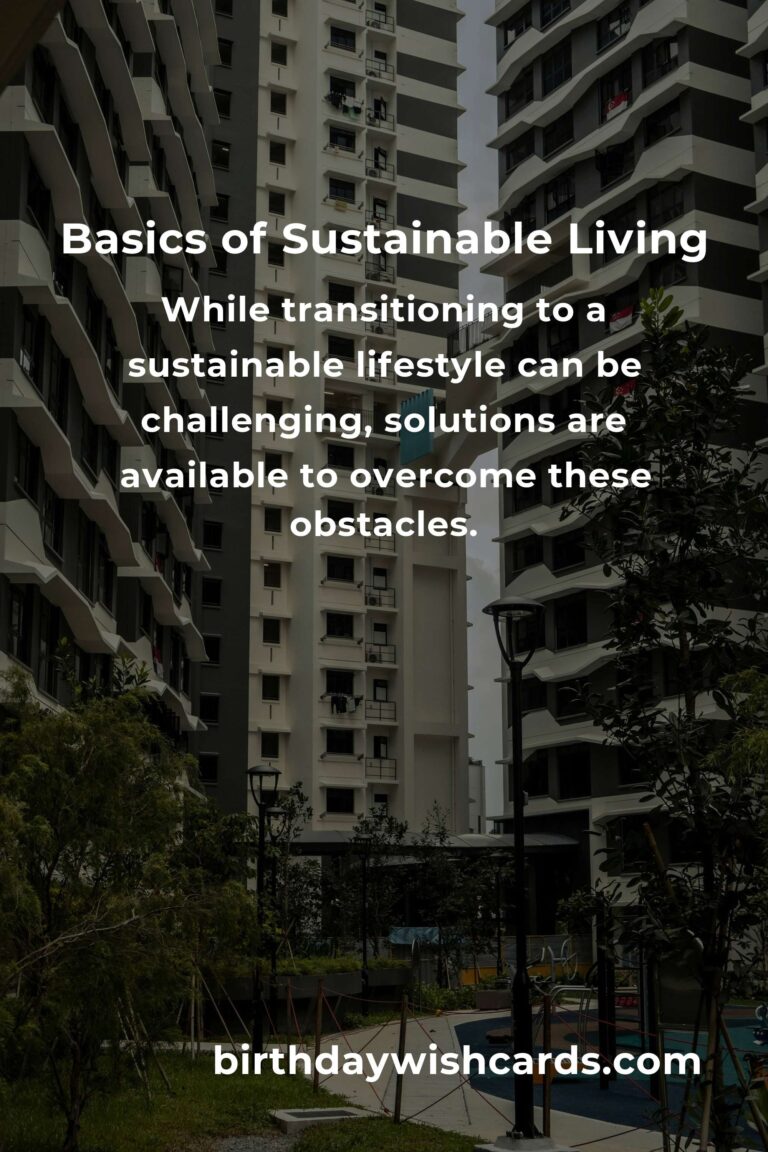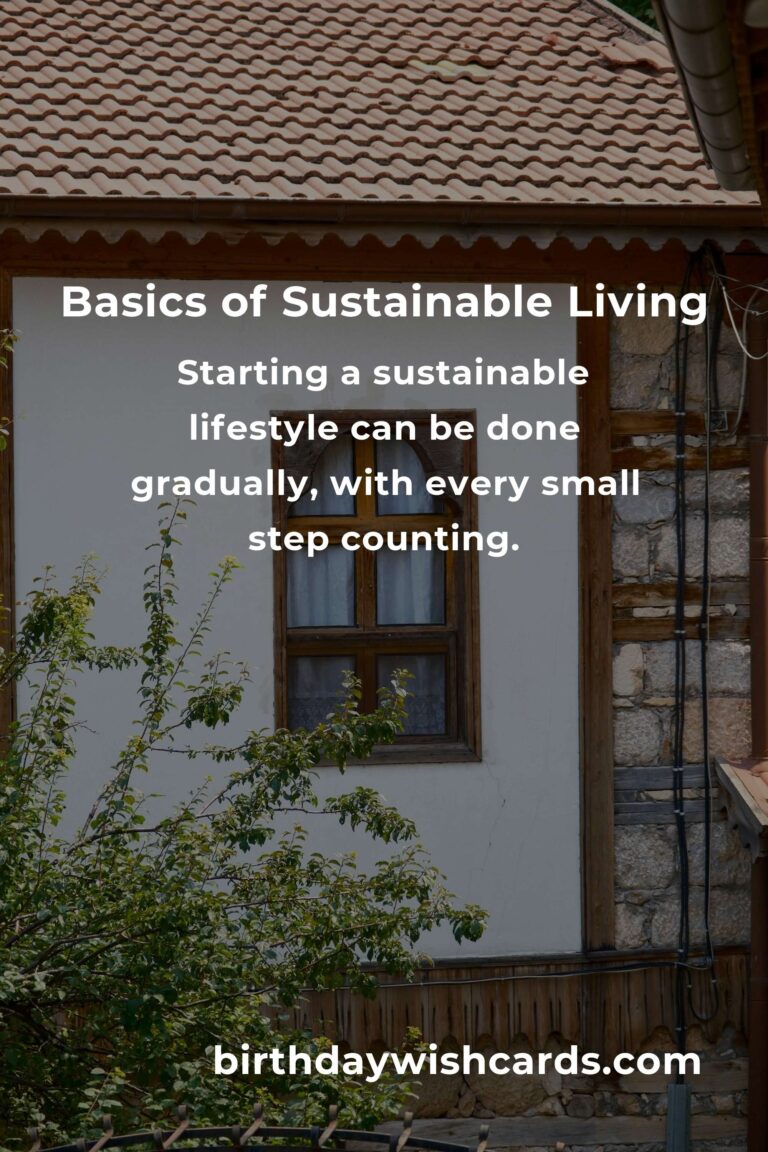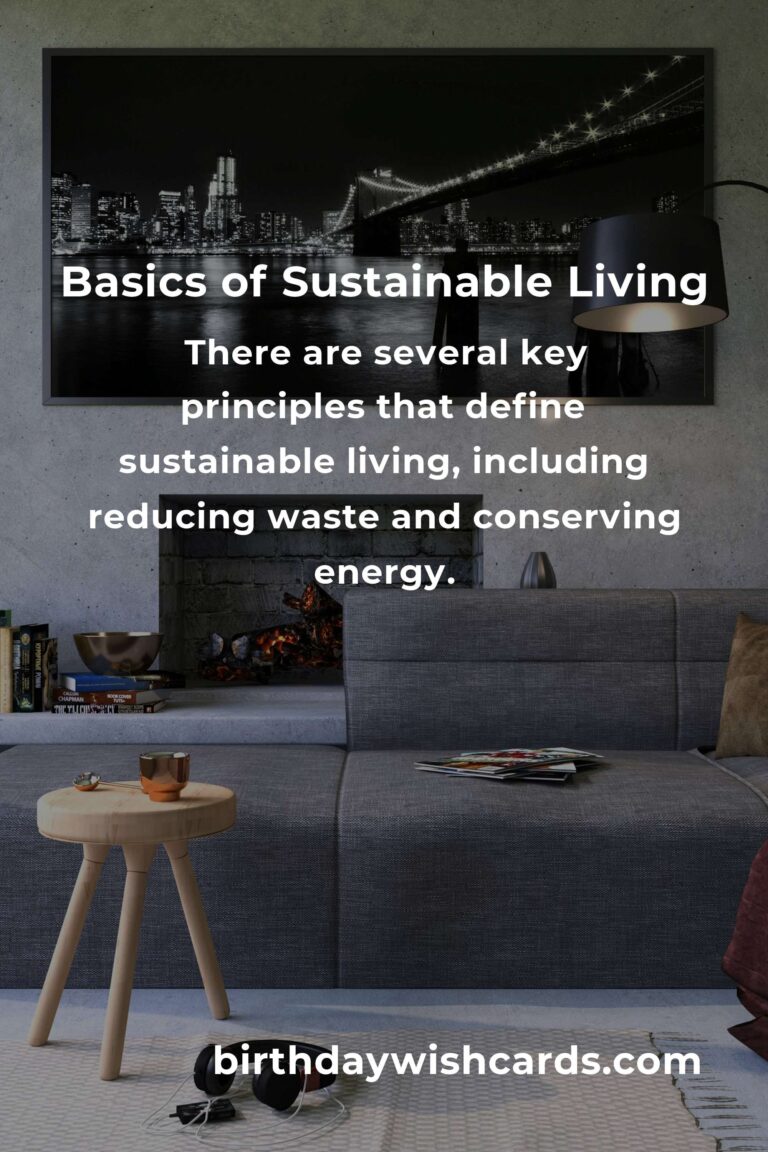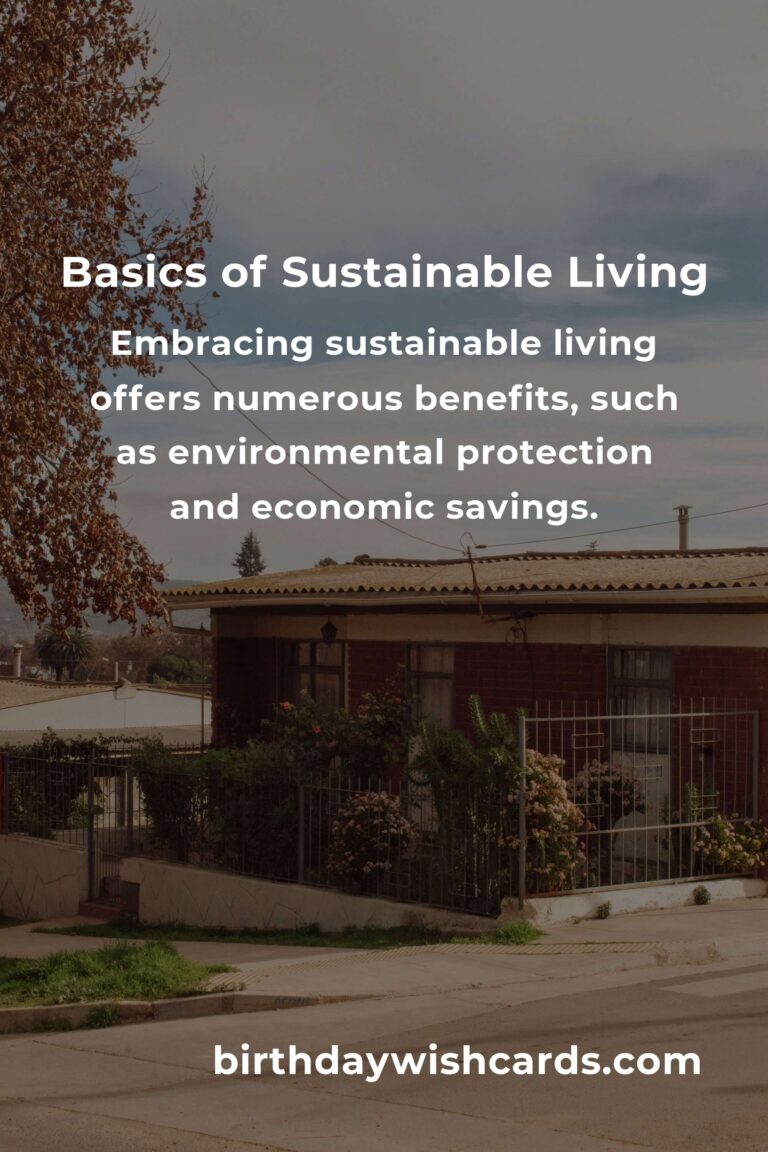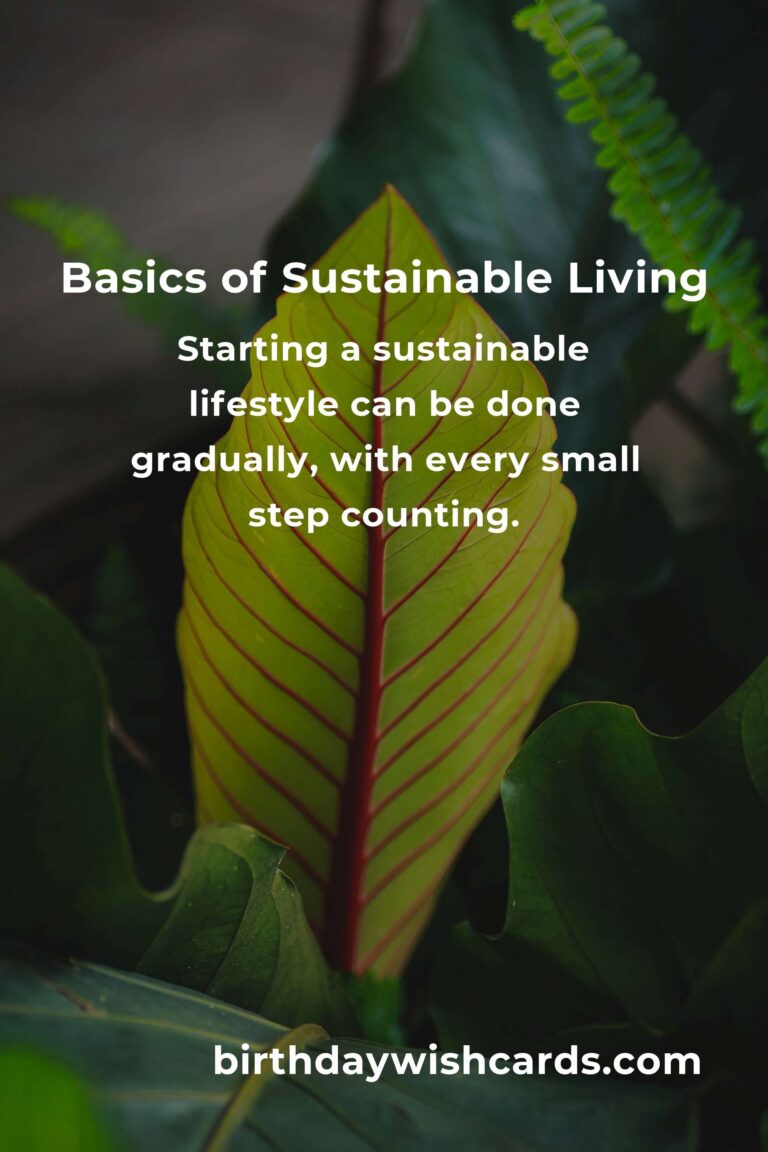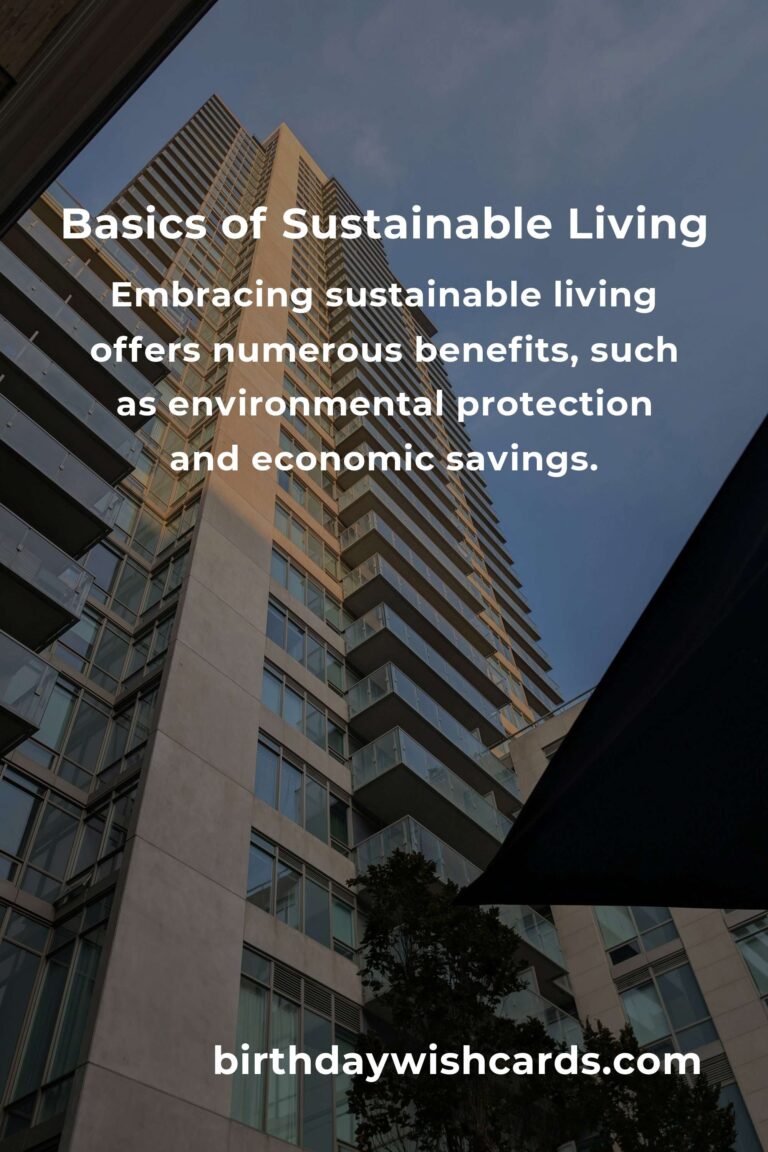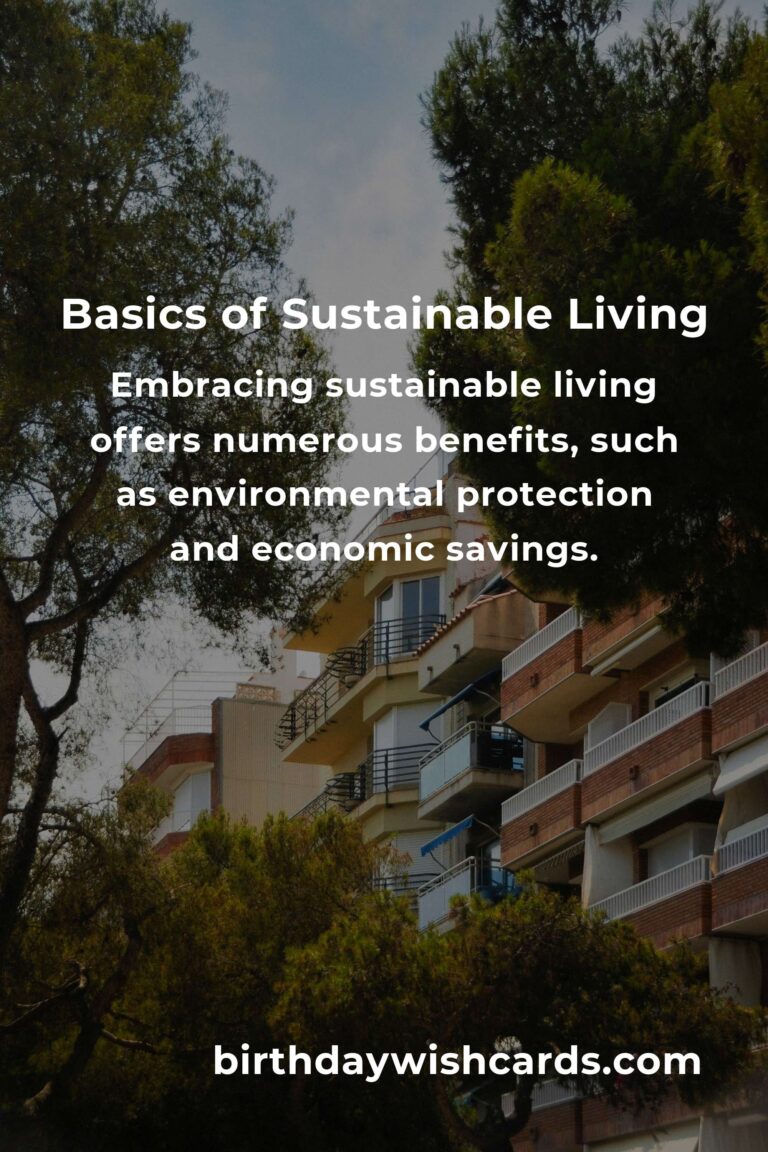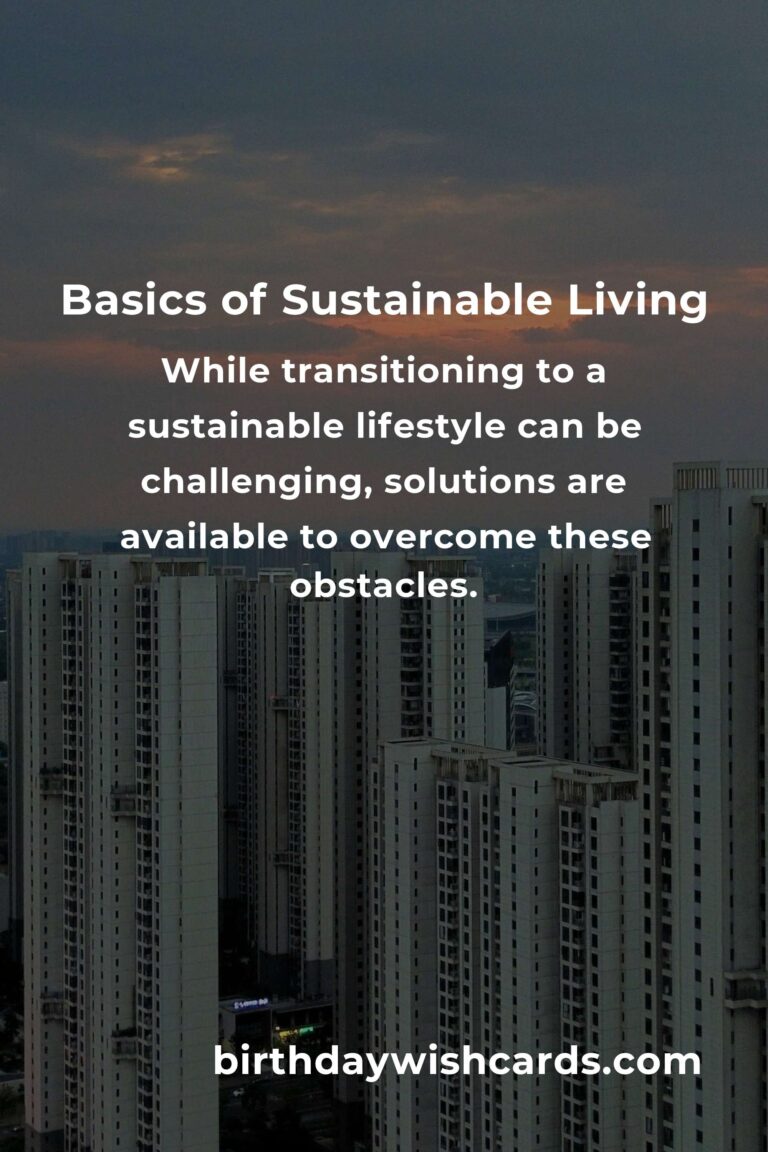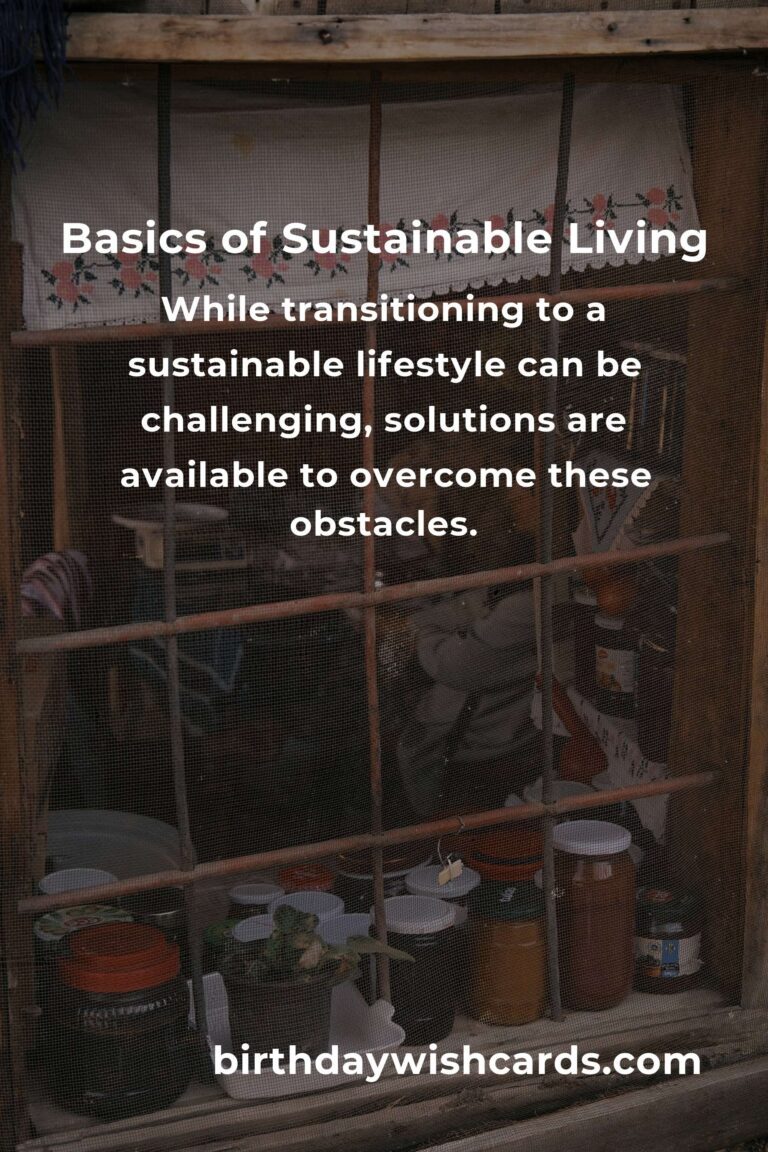
Sustainable living is a lifestyle that aims to reduce an individual’s or society’s use of the Earth’s natural resources and personal resources. It is a practice that seeks to minimize one’s environmental footprint and live in harmony with the planet. The concept of sustainable living encompasses a wide range of practices and ideas that can be incorporated into daily life to support environmental health and sustainability.
What is Sustainable Living?
Sustainable living involves making conscious decisions that promote the health and longevity of our planet. It includes reducing waste, conserving energy, minimizing pollution, and protecting natural ecosystems. Sustainable living is not just about changing our habits, but also about rethinking how we interact with the world around us.
Principles of Sustainable Living
There are several key principles that define sustainable living:
- Reduce, Reuse, Recycle: This principle focuses on minimizing waste by reducing consumption, reusing products, and recycling materials.
- Conserve Energy: By using energy-efficient appliances, reducing electricity use, and utilizing renewable energy sources, we can significantly lower our energy consumption.
- Water Conservation: Implementing practices such as fixing leaks, installing low-flow fixtures, and using water-saving techniques in gardening helps conserve this precious resource.
- Support Local and Sustainable Products: Purchasing products from local and sustainable sources reduces transportation emissions and supports local economies.
- Eco-Friendly Transportation: Using public transportation, carpooling, biking, or walking reduces carbon emissions and promotes a healthier lifestyle.
Benefits of Sustainable Living
Embracing sustainable living offers numerous benefits, including:
- Environmental Protection: Sustainable living helps reduce the demand for nonrenewable resources, minimizes pollution, and protects biodiversity.
- Economic Savings: By reducing energy consumption and waste, individuals can save money on utility bills and other expenses.
- Improved Health: A sustainable lifestyle promotes healthier living environments, reduces exposure to harmful pollutants, and encourages physical activity.
- Community Connection: Sustainable practices often involve community participation, fostering a sense of connection and collaboration.
How to Start Living Sustainably
Starting a sustainable lifestyle can be done gradually, and every small step counts. Here are some ways to begin:
- Assess Your Current Lifestyle: Identify areas where you can reduce waste and energy consumption.
- Educate Yourself: Learn about sustainable practices and the impact of your choices on the environment.
- Set Realistic Goals: Start with manageable changes and gradually incorporate more practices over time.
- Engage with Your Community: Join local sustainability initiatives or groups to share ideas and support each other.
Challenges and Solutions
While transitioning to a sustainable lifestyle can be challenging, solutions are available:
- Initial Costs: Invest in long-term savings by choosing quality, sustainable products that may have a higher upfront cost.
- Habit Change: Use reminders and set specific goals to help transition to new habits.
- Lack of Information: Seek out resources and communities that provide guidance and support for sustainable living.
Conclusion
Sustainable living is an essential step toward ensuring the health of our planet for future generations. By understanding and implementing the principles of sustainable living, individuals can make a significant impact on environmental preservation. As more people adopt sustainable practices, the collective effort will lead to a more sustainable and resilient world.
Sustainable living is a lifestyle that aims to reduce an individual’s or society’s use of the Earth’s natural resources. There are several key principles that define sustainable living, including reducing waste and conserving energy. Embracing sustainable living offers numerous benefits, such as environmental protection and economic savings. Starting a sustainable lifestyle can be done gradually, with every small step counting. While transitioning to a sustainable lifestyle can be challenging, solutions are available to overcome these obstacles.
#SustainableLiving #EcoFriendly #GreenLifestyle #Conservation #EnvironmentalProtection



